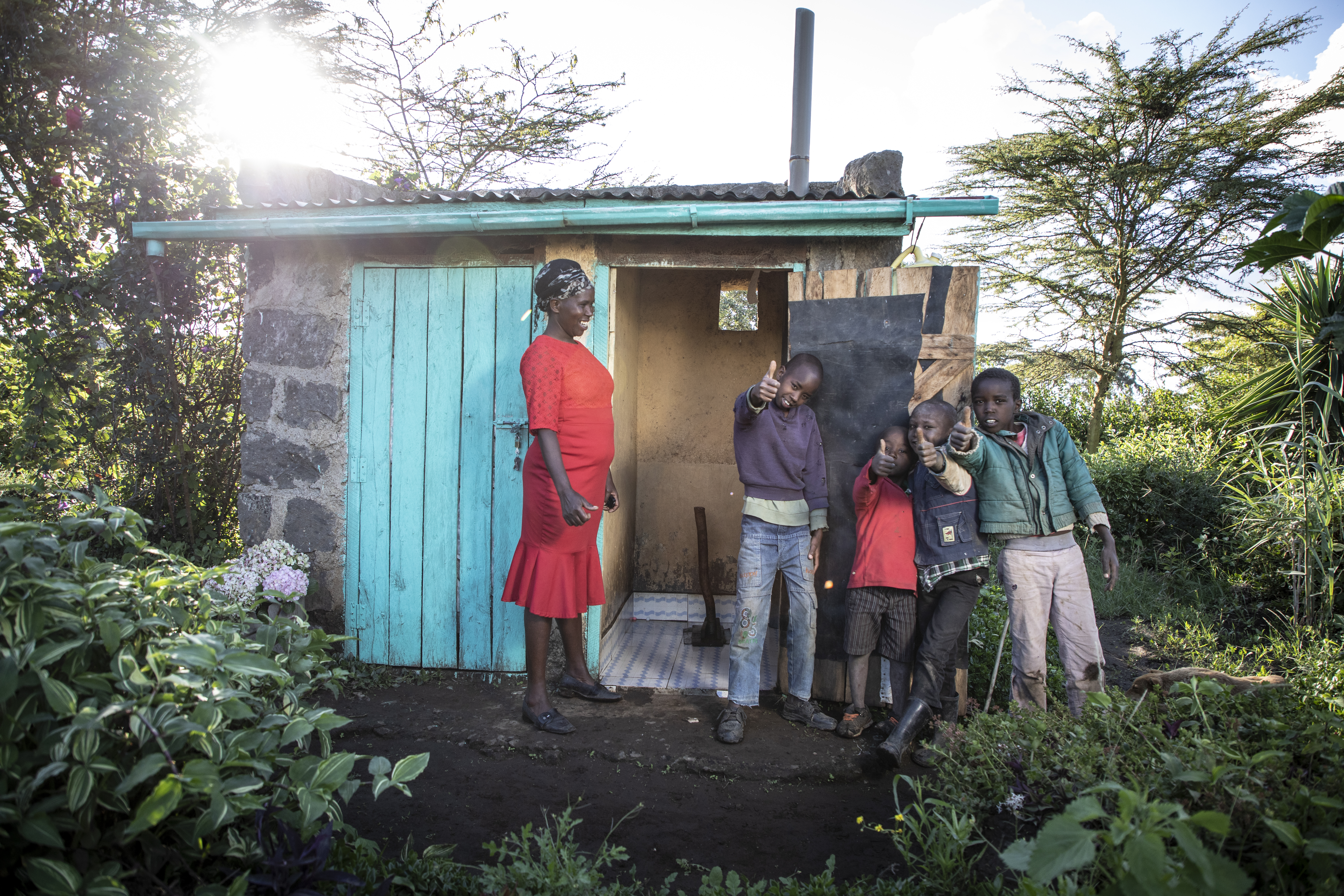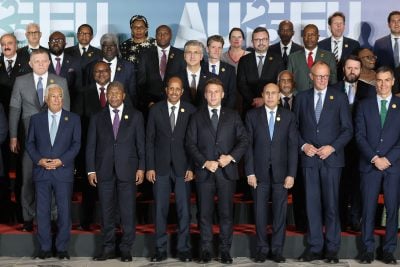Dominic O’Neill is under no illusions about his mission. As executive director of the UN’s newly created Sanitation and Hygiene Fund (SHF), he confronts a grim set of statistics.
Across the world, some 3.6bn people, constituting 46% of the entire global population, do not have access to safely managed sanitation services which are climate resilient. Women and girls are disproportionately affected by this challenge with many unable to go to school and all too often face sexual violence when they do not have safe facilities. His task, he says, is to facilitate a dramatic scaling up of investment into the sector attracting climate and gender focused investors into the sanitation sector.
Until now, he points out, the approach to this need has been to rely on non-governmental organisations and bilateral support schemes to build the needed facilities. This has the downside of being unsustainable, as funding to maintain these facilities is often missing.
Investment opportunity
The SHF is adopting an entirely different approach, by looking at the problem of sanitation as an investment opportunity that investors can appreciate. “We want to use grant funding to kickstart these sanitation economies and catalyse investments,” he says.
While conceding that while returns may not be as lucrative as some other sectors, he believes that it has the potential to deliver stable, long-term returns for investors as well as significant impacts on gender equity and climate resilience.
The model that the SHF is promoting is similar to the off-grid energy systems that have been applied in parts of the developing markets, such as mKopa in East Africa. This will mean that private investors will have to build and maintain the facilities, while users pay an amount to use the facilities. Like the off-grid energy systems, the advantage for investors is that users, once they have it, will pay to maintain access, knowing that non-payment will result in the curtailing of access.
Already, similar systems are in place in Asia, notably India, and have attracted the interest of private equity firms in Switzerland. O’Neill believes that this system is workable in Africa, the other continent along with Asia where the need is most acute. Given the difficulty of developing integrated sewerage systems in most of the communities in need, the public sector schemes under this model, which can be retrofitted into already developed communities, offer a more convenient way to deliver the benefits of safe sanitation.
Private sector approach promises success
For this to work, the process must be private sector-led, with governments playing a facilitating role. Local and central governments will need to set the rules, oversee the granting of concessions and agree profit share schemes with operators. With strong local government leadership, these schemes can thrive, with benefits not only in the areas of health, but also in the creation of a circular sanitation economy, where bio-products are already being used to power homes and shore up agricultural production.
The important thing is to gain investors’ interest and that is why the SHF has commissioned a report detailing the prospects of the sanitation economy.
“In January we are going to have the new figures that we contracted the Toilet Board Coalition to do and that, for us, will be a moment to celebrate the value of the sanitation economy and to flip the narrative from one where four billion people do not have access to sanitation to one where there is opportunity for investors in a profitable sector,” he says.
The report will mean that in addition to the social and environmental value, an economic value can be placed on the sector to guide investors, local and foreign, who are considering it. In particular, O’Neill believes that pension funds and other sources of patient capital should consider the sector as a stable and reliable option for their investment portfolios.
The numbers will be staggering, he assures us. Estimates for India suggest a potential sanitation market of $97bn in 2021 that could grow to $148bn by 2030. He thinks in Nigeria alone it could be worth upwards of $8bn.
Ultimately, however, the SHF approach will rely heavily on development finance institutions, with which it is actively seeking partnerships. The fund itself sees its role as mainly catalytic and will not be seeking to raise and spend billions of dollars in the traditional manner.
“Basically we are catalysts; we are not going to replicate or build new financial institutions. We don’t need to. The DFIs are crucial to this because they have a public development mandate and will generally go into higher risk areas,” he explains.
The Africa Urban Sanitation Investment Fund of the African Development Bank, for example, is a likely partner and the SHF is actively pursuing avenues of collaboration with it and other IFIs.
The success of these and other partners will be critical to and define the success of the agency. As O’Neill insists, the old methods have been tried and found to be unsustainable. A private sector-led approach, which has already been shown to work in countries with similar profiles, is cause for optimism. Investors, of course, will be keen to see the report in January and if his confidence is anything to go by, might yet find opportunities in an unlikely place.
Want to continue reading? Subscribe today.
You've read all your free articles for this month! Subscribe now to enjoy full access to our content.
Digital Monthly
£8.00 / month
Receive full unlimited access to our articles, opinions, podcasts and more.
Digital Yearly
£70.00 / year
Our best value offer - save £26 and gain access to all of our digital content for an entire year!
 Sign in with Google
Sign in with Google 



